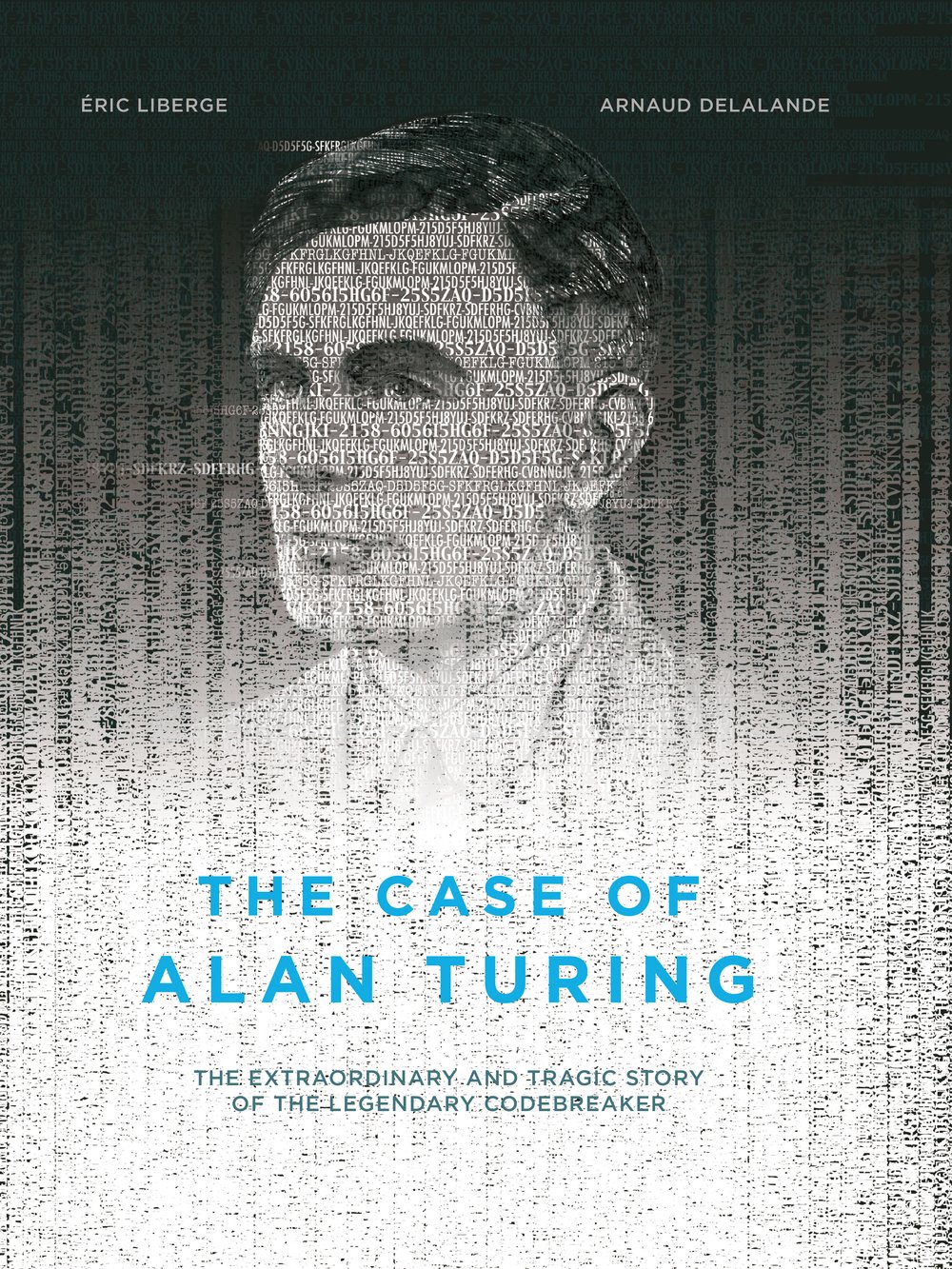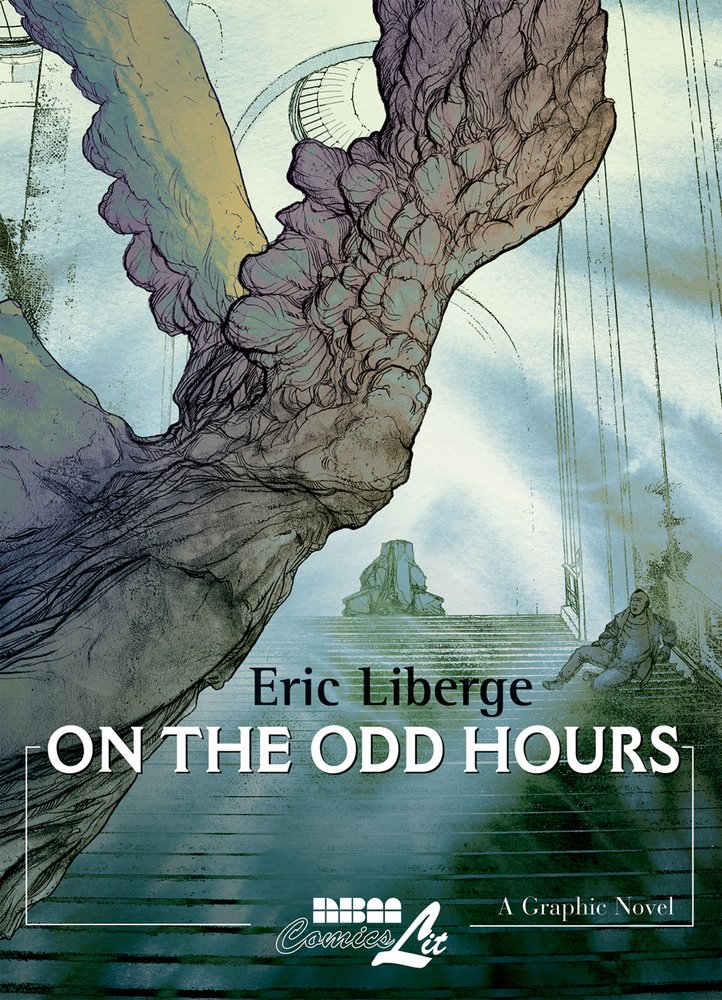The Case of Alan Turing (Graphic Novel)
The Extraordinary and Tragic Story of the Legendary Codebreaker

Alan Turing, subject of the Oscar-winning 2014 film The Imitation Game, was the brilliant mathematician solicited by the British government to help decipher messages sent by Germany's Enigma machines during World War II. The work of Turing and his colleagues at Hut 8 created what became known as the "bombe" which descrambled the German navy's messages and saved countless lives and millions in British goods and merchandise.
Despite his heroics, however, Turing led a secret life as a homosexual; haunted by the accidental death of a young love, he got briefly engaged to Joan Clarke, a fellow cryptanalyst, until he told her the truth. After a young man with whom he was involved stole money from him, he went to the police, where he confessed his homosexuality; he was charged with gross indecency, and only avoided prison after agreeing to undergo chemical castration. Tragically, he committed suicide two years later, by ingesting cyanide through a poisoned apple.
The particulars of Turing's achievements were only made known in 2012, following the release of once-classified papers. Authors Liberge and Delalande used this information to create a biography that is scientifically rigorous yet understandable for the lay reader. It's also a meticulous depiction of World War II, and an intimate portrayal of a gay man living in an intolerant world.
Delving deeper into Turing's life than The Imitation Game, this graphic novel is a fascinating portrait of this brilliant, complicated, and troubled man.

